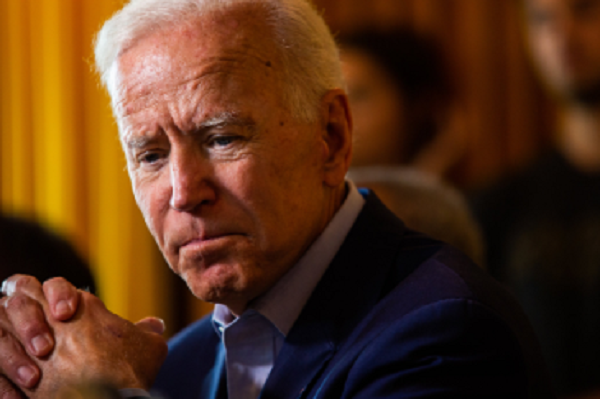The administrative state is making preparations for a potential reelection of former President Donald Trump by introducing a surge of bureaucratic regulations. These regulations are being implemented strategically before a deadline, making them difficult to undo by a potential Trump administration. Upon his return to office, Trump pledged to dismantle the administrative state, which he referred to as the “deep state.” He was successful in eliminating many of the rules and regulations imposed by these administrative agencies during his presidency. However, some of these rules were reinstated by President Biden.
The term “administrative state” specifically refers to the unaccountable and unelected administrative agencies, including the national security apparatus, that wield power to create and enforce their own rules. By doing so, they essentially encroach upon the separation of powers outlined in the Constitution, creating what can be seen as a fourth branch of government.
In recent months, Biden’s administrative state has been working diligently to solidify his agenda within the fabric of America. For instance, in April alone, they implemented 66 significant rules, surpassing any other month since the Reagan administration, according to an analysis by the Regulatory Studies Center.
Axios reported that Biden’s administrative state has published 111 more regulations than Trump had implemented at the same point in his term. Many of these rules are aimed at advancing the progressive agenda on issues like climate change, such as imposing restrictions on auto tailpipe emissions and mandating carbon dioxide emission reductions for power plants. It is important to note that regulations implemented during the upcoming “lookback period” can potentially be reversed by a future Trump administration through the Congressional Review Act. However, any rules put into effect before the deadline cannot be undone. The exact start date of the “lookback period” in 2024 remains uncertain, but Axios has reported that Biden’s deadline falls somewhere between next week and September.
Steven Balla, co-director of George Washington University’s Regulatory Studies Center, emphasized that Biden has a limited window of opportunity to solidify his progressive agenda within the administrative state. This is due to the fact that the administrative state wields considerable institutional power, as elected federal lawmakers often relinquish their legislative responsibilities. Experts from conservative think tanks argue that lawmakers should focus on advancing legislative priorities rather than engaging in publicity stunts to enhance their political image.




